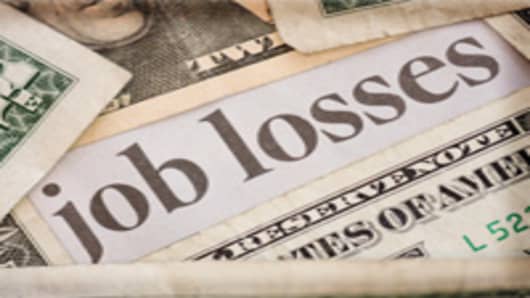The economy added 103,000 jobs in December. Unemployment fell to 9.4 percent, largely because 260,000 adults dropped out of the labor force and are no longer counted as unemployed by the government.
The President’s $800 billion dollar stimulus package gave the economy a lift and additional tax cuts in 2011 will help too, but those did not address structural problems holding back jobs creation—principal among those is the huge trade deficit.
Since July 2009, spending by consumers, businesses, and federal and state governments has increased at a 3.8 percent annual pace, but imports and the trade deficit have jumped 17 and 37 percent. Simply, too many stimulus dollars are being spent on goods from China, and too few of those dollars return to purchase U.S. exports.
The growing trade deficit is a tax on domestic demand that offsets much of the benefits of stimulus spending and tax cuts. Consequently, the U.S. economy is expanding at a 2.9 percent annual pace, which is not enough to dent unemployment.



